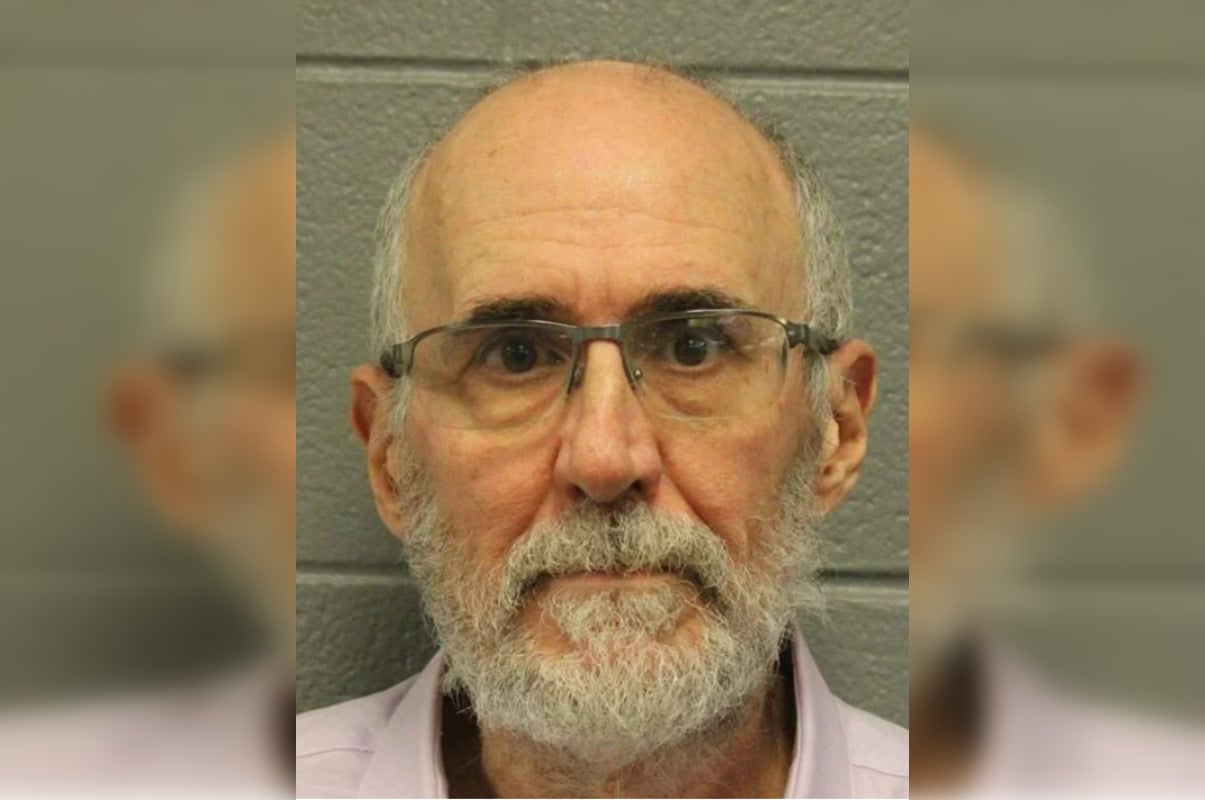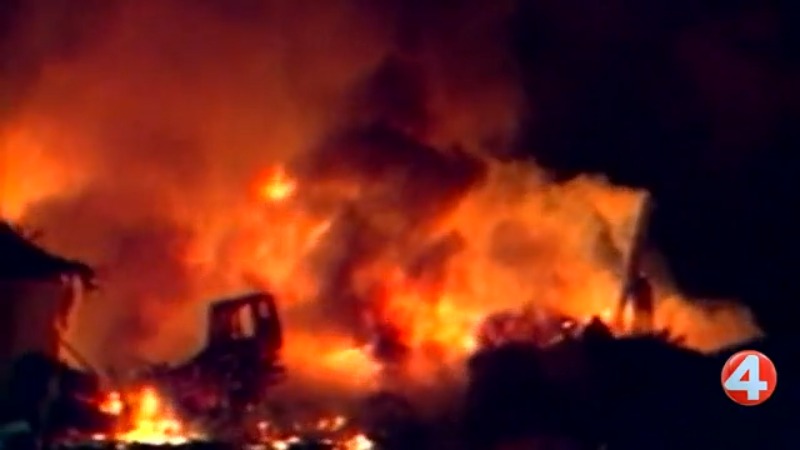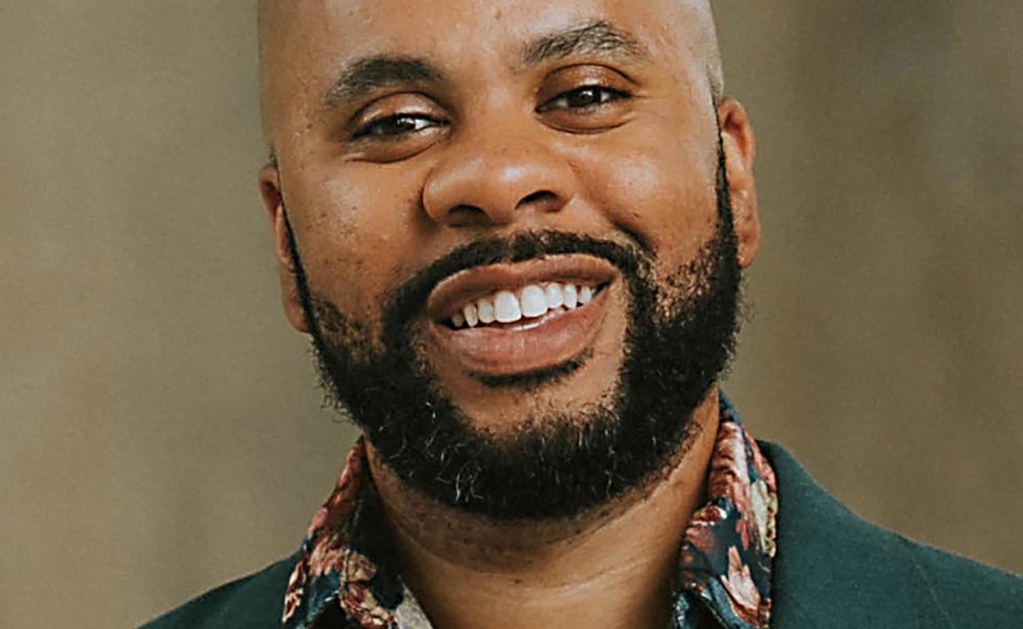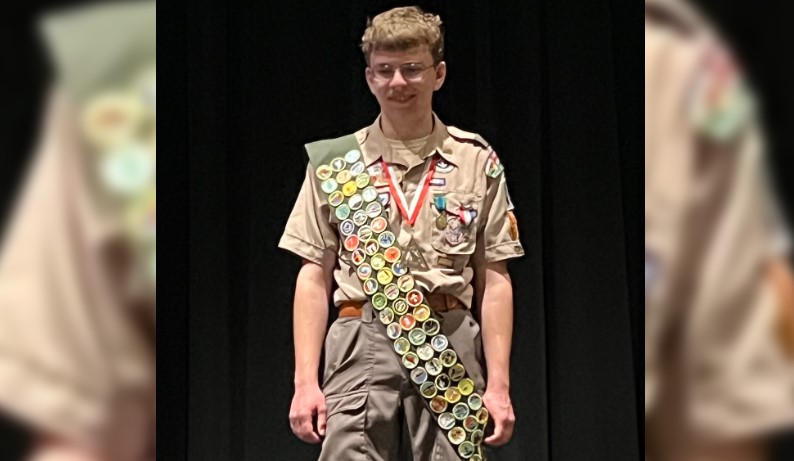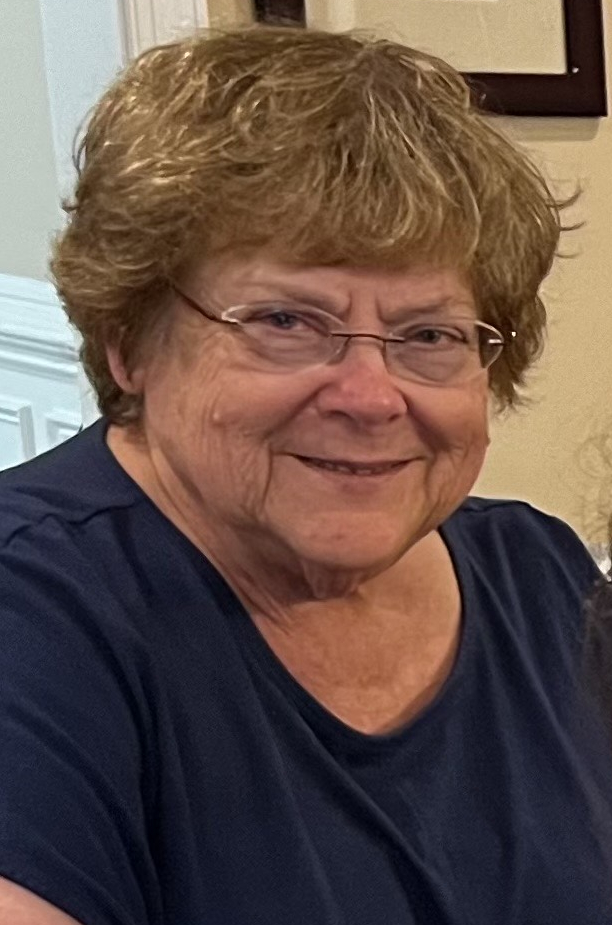UPDATE: A major breakthrough in a nearly 20-year-old murder case has just been confirmed. Chicago police have extradited 68-year-old David Barklow from Peru and charged him with first-degree murder in the 2004 shooting death of his neighbor, 40-year-old Kent Projansky, found dead in his North Dearborn apartment.
This dramatic development comes after years of cold-case investigations and international efforts to bring Barklow back to the U.S. Authorities report he was returned to Chicago on Friday, with assistance from federal agencies and international partners, according to FOX 32 Chicago. Barklow had fled the United States in late 2019, initially traced to Ecuador before ultimately being located in Peru.
The case, which went cold for years, was reignited in 2017. A retired detective revisited the file and resubmitted critical evidence to the Illinois State Police crime lab. This forensic testing eventually linked Barklow to the evidence recovered shortly after Projansky’s death, including a duffel bag containing bloody clothing and a .32-caliber revolver, which matched ballistic evidence found at the crime scene.
Barklow was first arrested by U.S. Marshals in October 2019, but was later released while detectives awaited lab confirmation. After the link was established, authorities secured arrest warrants and launched a comprehensive effort to extradite him. This multi-agency operation involved the FBI, INTERPOL, and the U.S. Department of Justice.
In a Cook County courtroom on Saturday, a judge ordered Barklow to remain in custody. Family members of Projansky, who have endured nearly two decades of uncertainty, expressed relief and described the court’s ruling as long overdue. They learned in court that witnesses reported hearing a gunshot and whispers on the night of the murder, with prosecutors characterizing the crime as execution-style.
Cook County prosecutors have filed at least one felony count against Barklow, citing his unlawful flight from the United States in their extradition efforts. Pretrial motions and hearings are anticipated as both sides prepare for what could be a lengthy legal process stemming from this two-decade-old investigation.
Detectives emphasize that advances in forensic technology and persistent detective work can revive long-forgotten cases. They praised the extensive cooperation from local, federal, and international partners that led to Barklow’s extradition. As Projansky’s family continues to grapple with their loss, they are hopeful for justice that has eluded them for far too long.
Barklow remains in custody as prosecutors build their case, with many eyes now focused on the next phases of this high-profile trial. The case underscores the importance of forensic advancements and international collaboration in solving cold cases, reminding the public that justice can come, even after many years.

